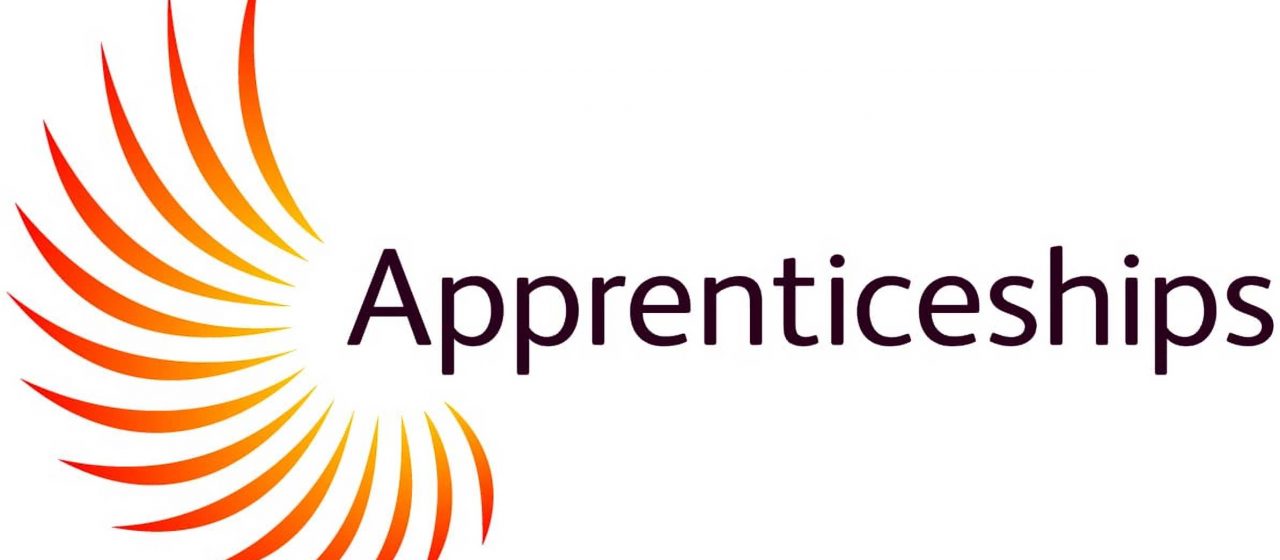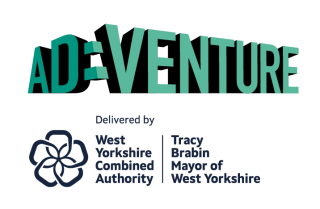
Apprenticeships… Myth busting!
by Alex Miles, May 01
At WYLP we are passionate about apprenticeships and the benefits they can bring businesses, the economy, young people, adults, EVERYONE!
There are many myths and misconceptions about apprenticeships, who they are aimed at, what the outcomes & destinations are and what areas you can train in – but with the introduction of the Apprenticeship levy on employers and the Baker Clause on schools, apprenticeships have never been more in the spotlight than now – so I want to take this opportunity to bust some myths!
The typical myths or misunderstandings include –
- Apprenticeships are only for young people
- Apprenticeships are only for the trades (electrical, mechanical, manufacturing)
- Apprenticeships are not high quality
- Apprenticeships do not lead to higher levels of learning
- Apprenticeships do not lead to high incomes
- Apprenticeships are only for those who did not do well at school
Now for the real talk....
Apprenticeships are programmes of learning for all age groups – young people interested in a specific career path, adults looking to re-skill, up-skill or return to work and existing employees looking for their next promotion, career option or progression. Apprenticeships are lifelong learning opportunities for all ages.
Apprenticeships have traditionally been in the trades, but there are now over 800 standards covering every sector of business across all levels from intermediate to degree – you can become an apprentice at any age in any skill or professional sector from Accounting to Veterinary Nurse or Teaching Assistant to Brewer .
Apprenticeship training organisations are subject to strict quality and due diligence arrangements that include Ofsted inspections, financial audits and all must be approved on a register of apprenticeship providers – over 80% of apprenticeship providers are rated Good or Outstanding by Ofsted – they are high quality, developmental & impact rich programmes of learning that are delivered alongside your job role.
Apprenticeship standards are available at all levels from intermediate to degree. They offer a true ladder of opportunity that can lead to real business and economic benefits. Universities are now more involved in apprenticeship design & delivery than ever before and the recently launched Nursing & medical degree opportunities are being fully supported and implemented by the NHS – the biggest employer in England.
Apprentices on average earn more in their lifetime than those who did not complete an apprenticeship and recent studies have shown that apprentices progress to higher levels of earning capability and promotions quicker than those who went to university. “Choosing a vocational course that is closely related to your current or future field is the best way to ensure higher earnings across the course of your career” – https://ach.org.uk/news-and-features/apprenticeships-and-earning-potential
A large proportion of school students are now seeing an apprenticeship as a viable alternative to university – they can earn while they learn, gain valuable employability skills, gain real life experience and progress to their chosen destination in a real meaningful way – apprenticeships are for all types of students academic or not. The support and teaching & learning of the training providers will ensure anyone on an apprenticeship programme will have the best experience directly suited to their learning styles, capabilities and future career aspirations.
Apprenticeships are here to stay, but together we need to develop & build the brand and share our experiences, develop our knowledge and promote our successes.
WYLP are passionate about & dedicated to developing a high quality apprenticeship & skills system for everyone and we offer businesses & training organisations with a range of support services.
I hope you found this article insightful….to discuss further please get in touch: alex.miles@wylp.org.uk






